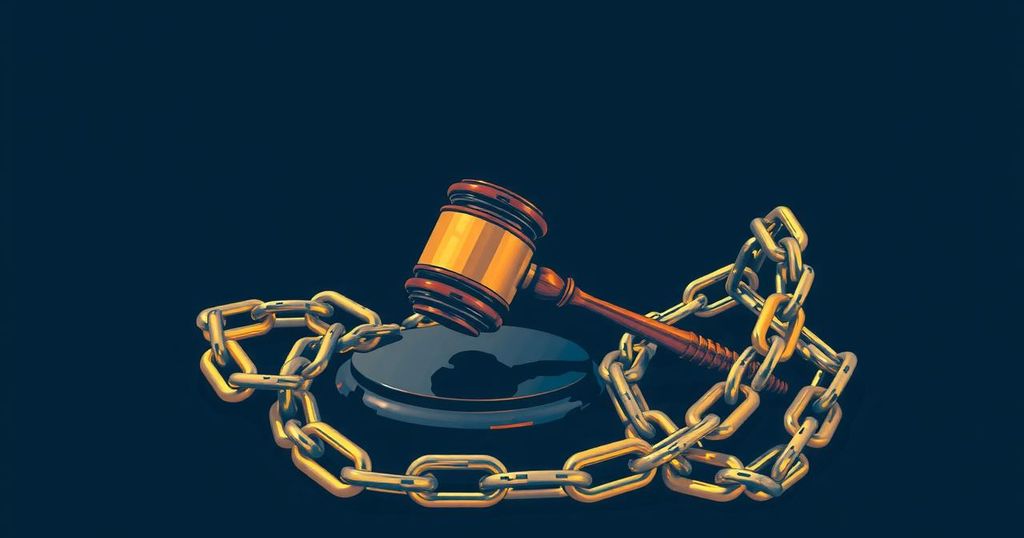Corruption in Malaysia has escalated from a whispered concern to an expected feature of the political landscape, particularly among high-profile leaders facing scandals. Despite several anti-corruption initiatives, systemic issues such as institutional dependence and selective justice persist. Public apathy has led to the normalization of corruption, prompting a critical need for reforms and active societal engagement to combat this entrenched problem.
Corruption, once a discreet topic among Malaysians, has become ingrained within the political landscape, often eliciting a resigned sigh rather than shock when scandals arise. High-profile cases such as that of former Prime Minister Najib Razak, linked to the 1MDB scandal, exemplify a troubling trend where many leaders face allegations of financial misconduct without significant repercussions. This alarming cycle has led to the normalization of corruption, which is now perceived as an inevitable component of governance.
The roots of this persistent corruption can be traced to elite protectionism and selective justice. Political leaders utilize state resources to fortify their influence and shield themselves from accountability, resulting in a political culture where patronage supplants genuine public service. This behavior is not isolated to Malaysia, as demonstrated by similar trends observed in other nations, where corruption flourishes under sustaining political power structures.
Despite initiatives such as the National Anti-Corruption Strategy, corruption persists due to a lack of institutional independence. The manipulation of the Malaysian Anti-Corruption Commission and judiciary creates an environment of selective prosecution that favors political elites. In contrast, countries like South Korea highlight the efficacy of strong legal frameworks in holding leaders accountable. Malaysia’s legal vulnerabilities further enable corrupt individuals to reclaim power after convictions.
The absence of strict political financing regulations exacerbates the issue, as undisclosed funds from various sources compromise the integrity of political processes. Inadequate disclosure laws allow money to overshadow principles, leading to a normalization of corruption that is further hampered by a culture of impunity where convicted leaders are reabsorbed into politics. Consequently, voters increasingly prioritize affiliations over integrity, solidifying the elite’s control.
Perhaps the most concerning aspect is the public’s growing apathy towards corruption. Events that once sparked public outrage, such as the 1MDB scandal, now prompt minimal reactions, diminishing prospects for meaningful reform. The widespread sentiment that “all politicians are corrupt” fosters complacency, undermining democratic principles and allowing corruption to flourish unchecked.
As Malaysia approaches a critical juncture, it must confront the dual challenges of reforming its political system and reviving public accountability. Achieving these goals necessitates genuine independence for anti-corruption agencies and comprehensive changes in political financing laws. Moreover, public engagement and education will play vital roles in dismantling the normalization of corruption, as citizens are encouraged to demand integrity and reject complacency. The future hinges on the collective willingness to combat corruption, as true change begins with the refusal to accept it as a standard of governance.
In summary, the article emphasizes that corruption in Malaysia has become deeply entrenched within the political system, leading to a culture of impunity and public apathy. Despite existing anti-corruption efforts, the lack of independence in key institutions and inadequate political financing laws perpetuate the cycle of corruption. A crucial path forward requires not only legal reforms but also a commitment from the public to demand integrity and accountability in governance, marking a decisive moment in Malaysia’s future leadership.
Original Source: mysinchew.sinchew.com.my




